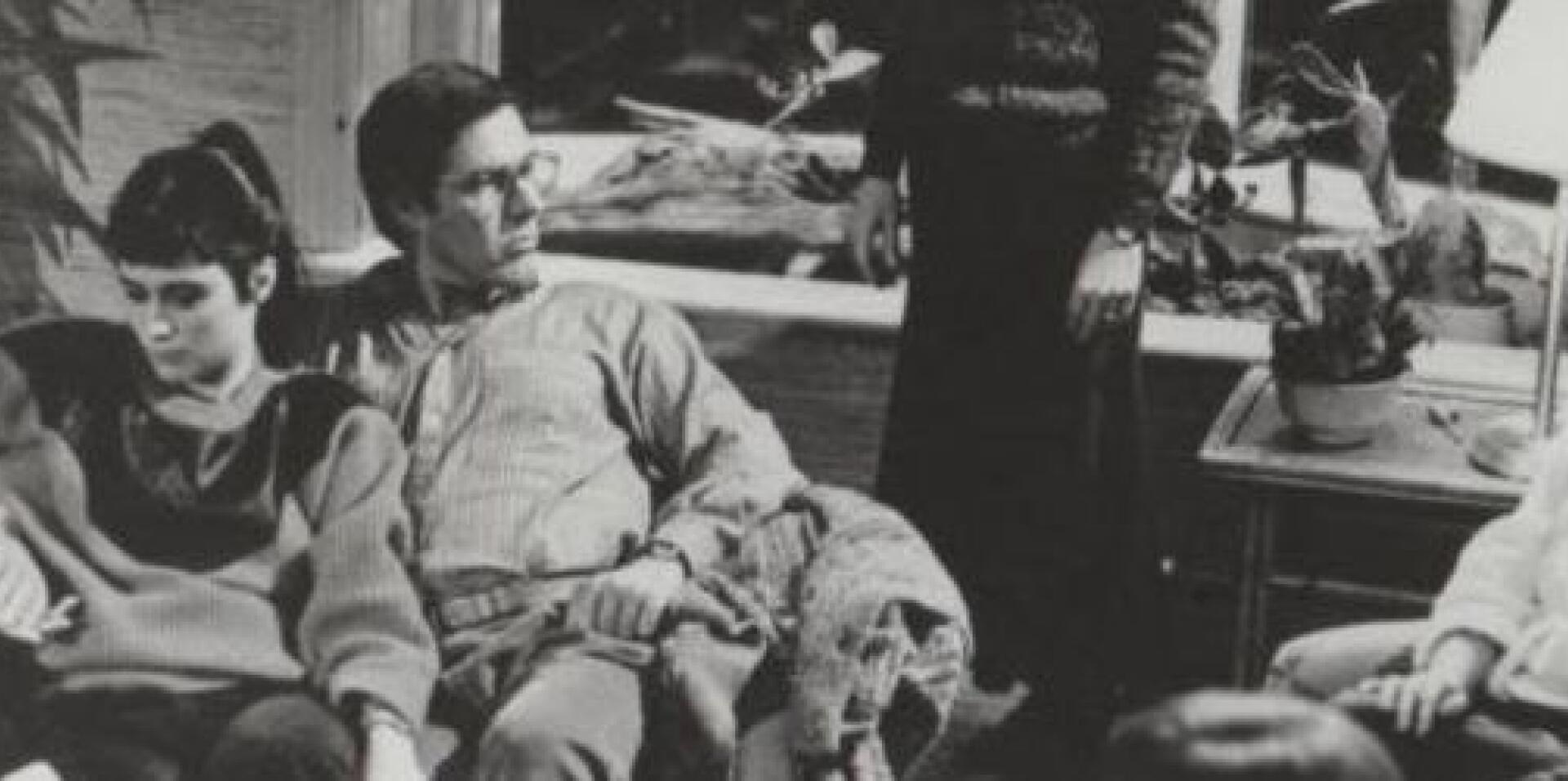
Le Déclin de l’Emipre Américain
Denys Arcand
C’est un film sur la vie privée des gens, un film de conversations… Il y a beaucoup de films qui montrent des gens qui font des actes agréables ou répréhensibles mais je n’en connaissais aucun où les gens sont assis autour d’une table et parlent. Ca m’apparaissait comme un sujet qui n’avait jamais été traité au cinéma, c’était nouveau. C’est une des raisons pour lequelles j’ai eu envie de travailler là-dessus. Au fond, ce film parle des gens que je connais bien et que j’aime malgré leurs défauts… C’est un peu l’histoire de ma vie et celle de mes amis. Denys Arcand
Artistic & technical sheet
Daniel Brière
Dominique Michel
Dorothée Berryman
Gabriel Arcand
Genviève Rioux
Louise Portal
Pierre Curzi
Remy Girard
Yves Jacques
Scénario
Denys Arcand
Image
Guy Dufaux
Son
Richard Besse
Montage
Monique Fortier
Musique
François Dompierre
Production : Corporation Image M et M, Montréal, Canada Office National du Film du Canada, Montréal, Canada Vente à l'étranger : Les Films René Malo,Montréal, Canada